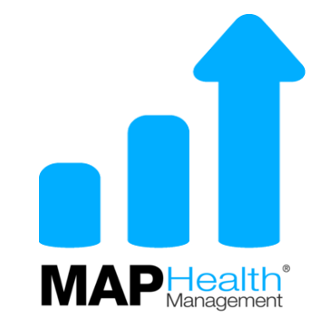Bringing interoperability to substance abuse treatment
April 4, 2016 Chris Nerney
HIEWatch - For the Latest in Interoperability, Health Information Exchange (HIE) and Connected Care

A substance use disorder treatment center in Texas is using data-tracking tools and electronic health records to gain a better understanding of outcomes in the hopes of reducing patient relapse.
Kemah Palms Recovery, located just south of Houston, has deployed software from MAP Health Management that allows its staff to track patient population data in real time. The facility’s caregivers access clinical data in Kemah’s EHR that is analyzed daily and may offer insights into enhancing evidence-based care and improving outcomes.
As Bill Siwicki writes in Healthcare IT News:
The [MAP] system might show that patients who stay in treatment 30 days or less exhibit a much higher rate of recidivism compared with patients who stay in treatment for 90 days. The system then can help the caregivers study comorbid disorders with 30-day patients to see, for example, if they have something like bipolar disorder and how that might be affecting the outcome.
Kemah Palms founder and CEO James Flowers tells Siwicki, “In the past we used our own Excel spreadsheets to study relapse rates and reasons for relapses. But the MAP program does all of that for us. We enter information and it, in turn, helps us improve our treatment outcomes because we can track everything in real time.”
While the Texas treatment center joined MAP’s recovery network last October, many providers struggle with to access and share data. The Centers for Medicare and Medicaid Services in early March announced an initiative to bring interoperability to “a broader universe of health care providers, including long-term care, behavioral health providers, substance abuse treatment centers, and other providers that have been slower to adopt technology.”








